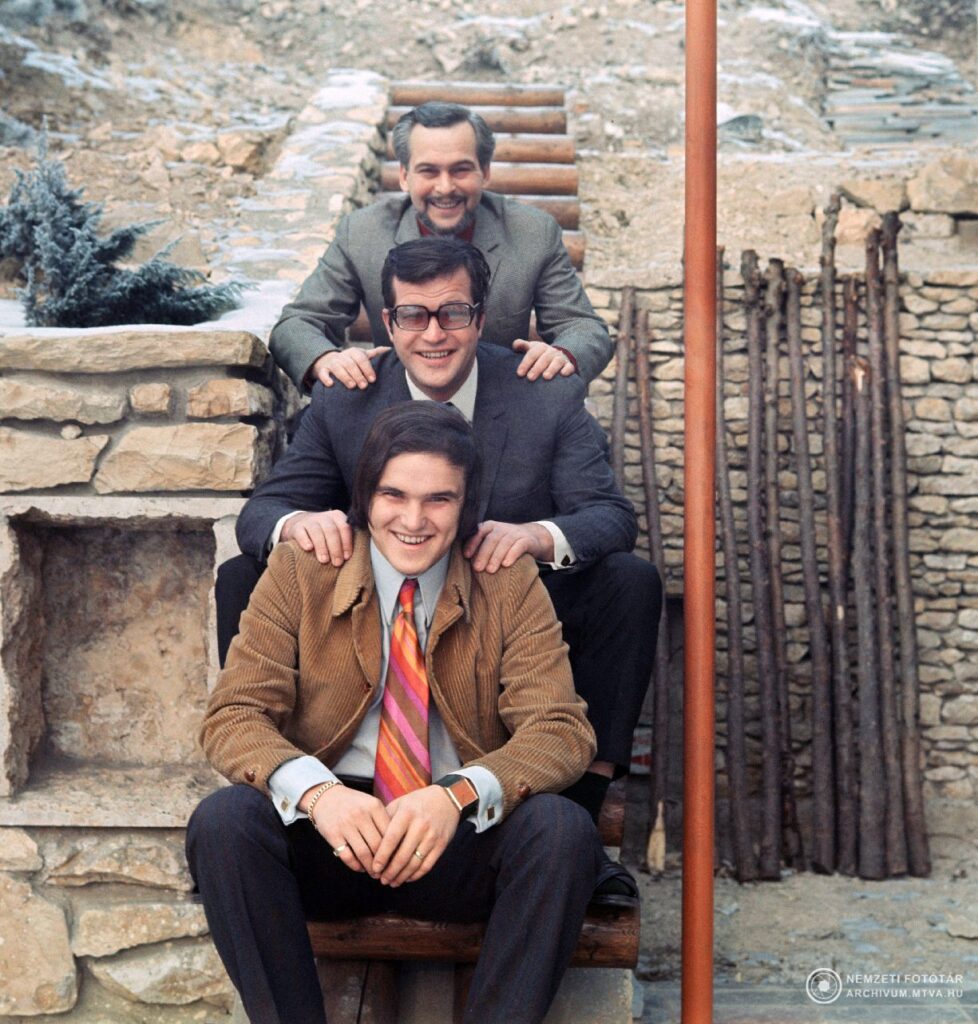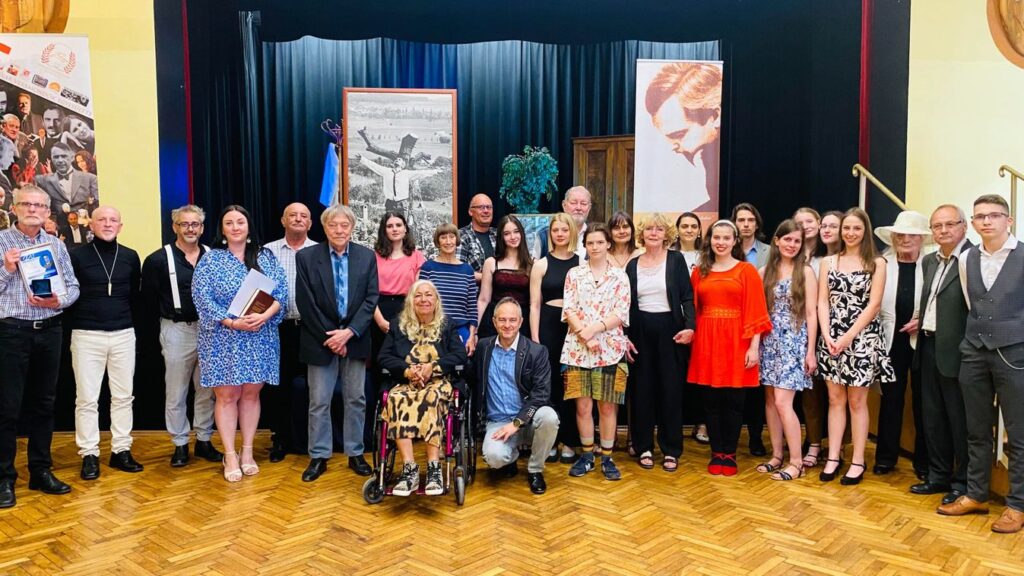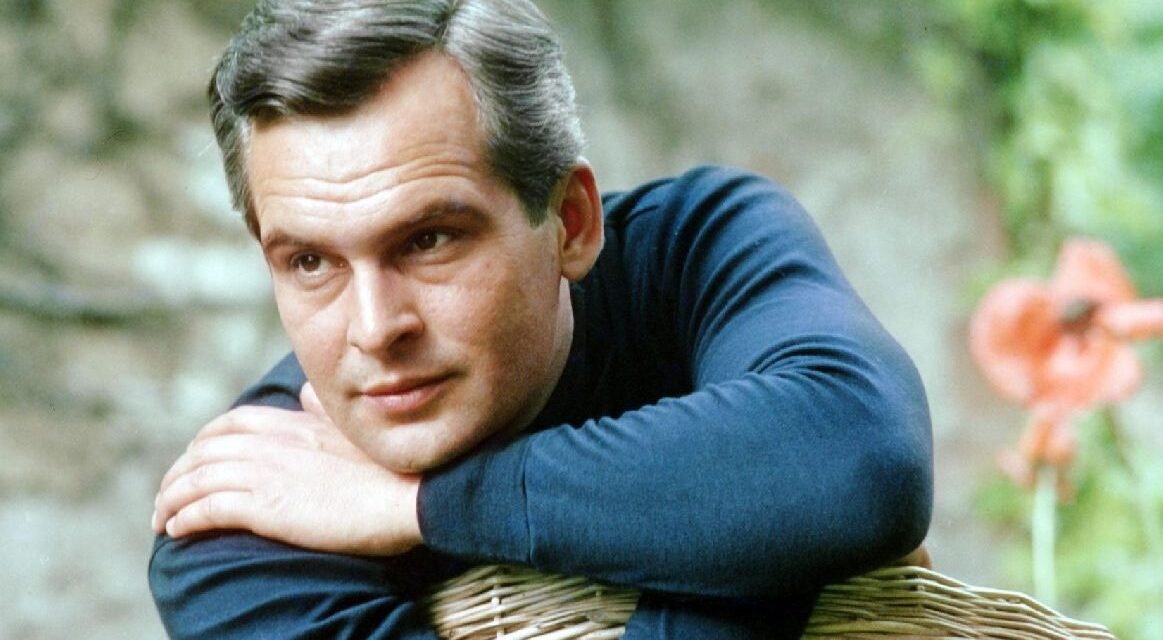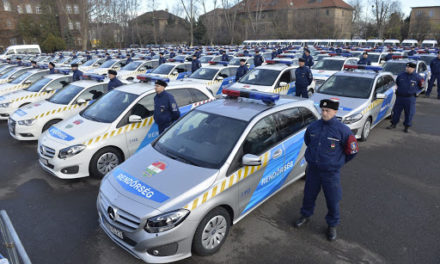"I have never given in to my truth, smoking is my harmful passion, and I am untalented, so I am incompatible with ill-willed people." Zoltán Latinovits, the "actor king", died 48 years ago. The actor, who originally graduated as an architect, was the greatest actor of his time. The acting legend died under tragic circumstances at the age of 44.
He was born on September 9, 1931 in Budapest. His father was the landowner Oszkár Latinovits, and his mother was Katalin Gundel, a member of the famous hospitality family. Shortly after Zoltán's birth, his father left the family, the pain of which the actor carried with him throughout his life.
His siblings were thus born from his mother's second marriage, to doctor István Frenreisz. His brothers are also prominent figures in the Hungarian art world: István Bujtor also made a name for himself in the acting field, while Károly Frenreisz made a name for himself in the world of Hungarian rock music.

Zoltán Latinovits with his brothers, István Bujtor and Károlly Frenreisz (Photo: National Photo Gallery)
Latinovits has been reciting since he was 3 years old.
He graduated from the State Szent Imre High School in 1949.
During his high school years, he went on stage once, and although he did not have a successful performance, Bajor Gizi, who was sitting in the audience, approached him after the performance with an offer to become an actor.
But the young Latinovits was more inclined towards architecture, in 1956 he graduated from the Budapest University of Technology with a red diploma in architectural engineering. In the meantime, he also showed himself as an athlete, playing basketball at Haladás SE as a NB 1 reserve, and also sailing competitively.
During his university years, he recited a lot and was in an acting group.
After graduating, he turned his back on the profession he studied and signed a contract as an assistant actor in Debrecen. In 1959 he moved to Miskolc, then in 1961 he returned to Csokonai. A year later, he moved to the Vígszínház, in 1966 to the Thália Theater, and then back to the Víg in 1969. From 1972, he played and directed in Veszprém for 1 year, then from 1974 he spent 1 year at the Literary Stage. From 1976 until his death, he worked at the Capital Operetta Theatre. His famous roles were the Major from Tóthék, Romeo from Romeo and Juliet, Knight Cipolla from Mario and the Wizard.
In the meantime, he actively acted in films from 1959, appearing in more than 50 films during his lifetime.
He appeared in great Hungarian films such as Isten hozta, úr mórnagy!, Szinbád, Az aranyember, Egy magyar nabob, Zoltán Kárpáthy, or the Fifth Seal.
His poetry recitations are also unique. He performed the poems of Attila József, Endre Ady, Sándor Petőfi or Gyula Illyés full of emotion and experience.
He was awarded four times in his life: in 1966 with the Jászai Mari Award, in 1970 with the Béla Balázs Award and the Hungarian Film Critics Award in the category of best actor, and in 1975 with the Merited Artist award.
Her "twin star", Éva Ruttkai, is also a prominent figure in the Hungarian acting world. They lived together after Ruttkai's divorce. Although they wanted to love each other very much, they did not have a child together. Their love affair was a real marriage, they loved and tore each other at the same time.
Neither the Kádár regime nor "comrade" Aczél could erase the great artist. With his unique world view, he came into conflict with many, but he always stood up for what was right. His personal life was complicated by depression.
The actor king died on June 4, 1976 in Balatonszemes. To this day, it is not known whether his life was ended by an accidental accident or suicide.
Latinovits was not forgotten even after his death. He posthumously received the Kossuth Award in 1990 and the Hungarian Heritage Award in 1996.
In 2002, a minor planet, 132874 Latinovits, was named after him - karpatalja.ma summarized his life story.
The Latinovits award was presented in Balatonszemes
As the anniversary of the actor king's death approaches, high school and adult poets interpreted the elementary poems of classical and contemporary Hungarian poetry, Magyar Nemzet .
The Latinovits Memorial Foundation and the Association of Magyar Versmondók Egyesület held an entire weekend of commemoration in Balatonszemes, where the Latinovits Versmondó Találkózó was organized for the 29th time, the foundation's announcement reads.
In addition to the poetry reading, the event also included several commemorations, museum education and music programs for the participants.
At the end of the competition, which took place throughout the weekend and was characterized by serious professionalism and a three-decade tradition, young people, adults and the elderly who gathered in the cultural center named after Latinovits and located a few hundred meters from his final resting place, recited poetry in three rounds.
The Latinovits prize was awarded to an excellent and experienced performer from Lovasberény, Péter Horváth, who interpreted the works of Sándor Csoóri, Béla Markó and Péter Geszti. Gábor László Balázs was on the first step of the podium, while in the youth age group, a south region poetry talent, Áron Galusz from Zenta in Vojvodina, earned the Latinovits diploma by presenting the works of Zoltán Zelk, János Sziveri and Lajos Nagy Parti, and Gyenese Szulamit won the first prize. .

Competitors and the jury of the 29th Latinovits Poetry Meeting (Source: Latinovits Memorial Foundation
In the meantime, they visited the Latinovits Memorial Museum, participated in László Csiák's musical program, laid wreaths at the tomb of the actor king and his brother, István Bujtor, their mother, Katalin Gundel, and one of the founders of the competition, Márta Csonka, and then at a solemn commemoration, the memorial plaque of László Kiss, the former founder of the association and foundation was also crowned.
At the final resting place of Zoltán Latinovits, Imre Lutter was the first to quote the words of the king of actors:
I have never allowed myself to be honest, my harmful passion is smoking, and the fact that I am untalented, therefore I am incompatible with ill-willed people.
He then recalled: Latinovits was considered incompatible and against the system because of his individual opinion and non-compromising outlook on life. As a result, in the last years of his life, he hardly got any roles and was subjected to constant harassment.
Source: karpatalja.ma / magyarnemzet.hu / civilek.info
Cover photo: Zoltán Latinovits on June 28, 1971. Photo: Éva Keleti / MTI / National Photo Gallery













